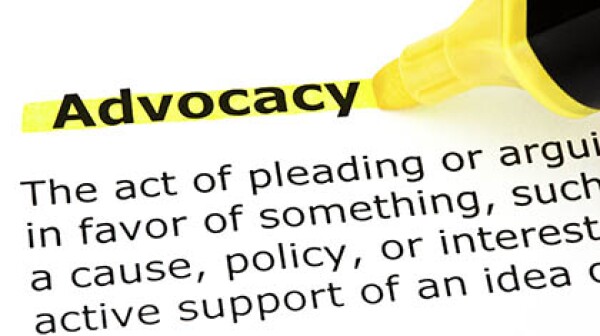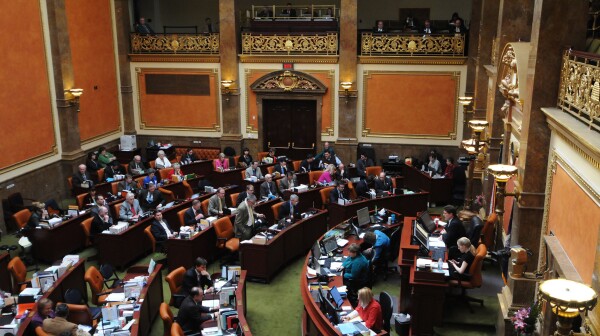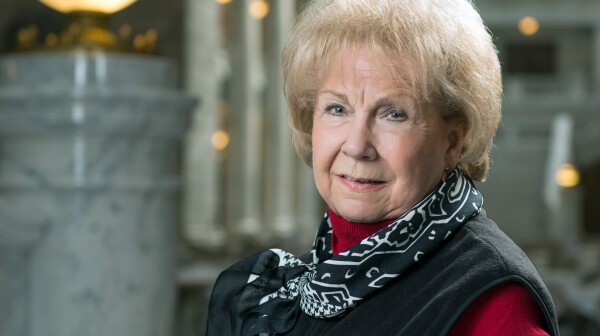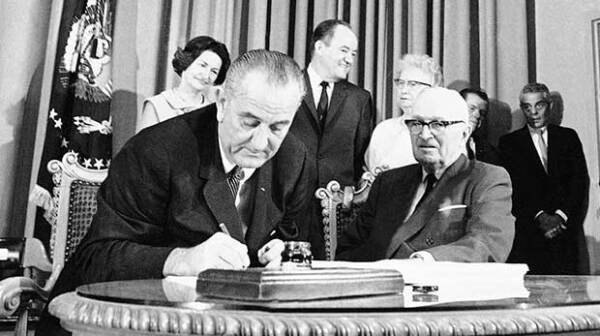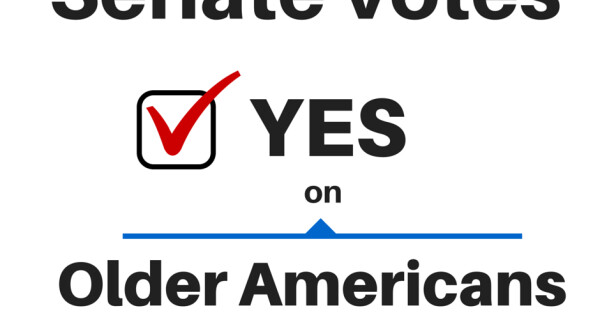AARP Eye Center
CLOSE ×
Search
Popular Searches
- right_container
- Health
- Money
- Work & Jobs
- Advocacy
- Social Security
- Medicare
- Caregiving
- Games
- Travel
- More...
- Entertainment & Style
- Family & Relationships
- Personal Tech
- Home & Living
- Auto
- Staying Sharp
- Podcasts
- Videos
Get updates on the Affordable Care Act, Medicare, health insurance, and your personal health and fitness.
View the latest information and articles from AARP Utah.
Not sure which Medicare plans and options are right for you or a loved one? AARP is here to help connect you to the resources that may make it easier for you to decide what’s right for you.
Guest author Alana Tompkins outlines way to help keep your brain sharp in these five steps.
Caring for a parent, spouse, or other loved one can be a 24/7 job that is emotionally, physically and financially difficult. That’s why AARP works tirelessly to support family caregivers, striving to make your big responsibilities a little bit easier.
The legislative session that begins Jan. 22 is only 45 days long. AARP Utah is prepared to hit the ground running to advocate on behalf of family caregivers, retirees and other adults 50-plus. AARP staff and volunteers will be at the Capitol every day.
It has been a whirlwind legislative session with a lot happening but as of last night it has come to a close. I want to thank you and all of the other great AARP advocates who stayed informed, got engaged, and made their voices heard to their legislators. I can’t stress enough that without your involvement, we could not do the work we do!
By LaRee Jones, AARP Area Coordinator
Social Security Turns 80, Loved by Americans of All Ages
Guess what’s turning 50? For many AARP members who know that milestone well, it’s a program that is invaluable for their health and financial independence. Medicare turned 50 on July 30. Former President Harry S. Truman received the first Medicare card immediately after President Lyndon B. Johnson signed Medicare into law in 1965, and since then it has helped redefine “real possibilities” for many Americans, often freeing them from the fear of devastating medical bills that could jeopardize their individual and economic survival.
AARP applauds the bipartisan action taken on July 16, 2015 on S. 192, the reauthorization of the Older Americans Act (OAA) introduced by Senator Lamar Alexander (R-TN) with Senators Richard Burr (R-NC), Patty Murray (D-WA) and Bernie Sanders (I-VT). The Senate passed the bill the week that the OAA celebrated its 50 anniversary of providing invaluable services to older adults.
Search AARP Utah
Connecting you to what matters most, like neighbors do. Find events, volunteer opportunities and more near you.
Sign Up & Stay Connected




































































